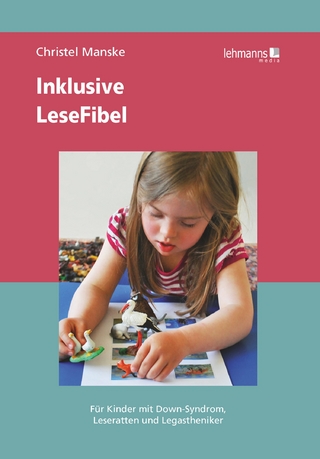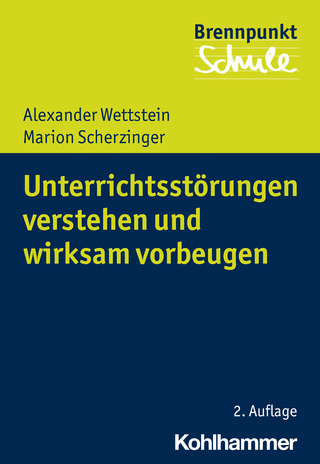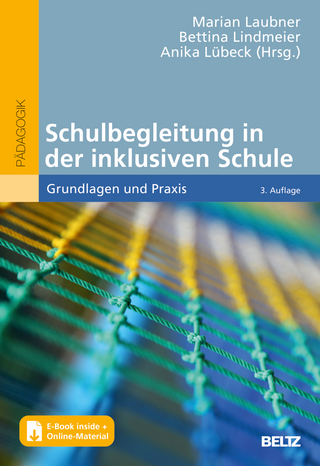Knowledge at the Crossroads?
Springer Verlag, Singapore
978-981-10-2079-7 (ISBN)
Lyn Yates is Foundation Professor of Curriculum and a former Pro Vice-Chancellor (Research) at the University of Melbourne. Lyn has an MA in history and M Ed and PhD in education. Her previous projects and publications include Reconstructing the Lifelong Learner (Routledge), Making Modern Lives (SUNY), Australia’s Curriculum Dilemmas (MUP), Curriculum in Today’s World (Routledge) and Women in the Scientific Research Workforce (L H Martin). Lyn is former president of the Australian Association for Research in Education; has served on the Australia Research Council; and is a fellow of the Australian Academy of Social Science. Peter Woelert is a research fellow at the University of Melbourne. He has had training in philosophy (PhD, University of New South Wales, Australia) and sociology (M.A, University of Frankfurt, Germany). His current research focuses on the politics and effects of performance governance at universities and the opportunities and challenges afforded by institutional forms of university autonomy. Victoria Millar is a lecturer in science education at Melbourne Graduate School of Education. She has previously taught physics in schools, and has lectured on tertiary teaching and learning at the Melbourne Centre for the Study of Higher Education. Victoria has an MSc in physics and her previous research projects include national studies of female participation in non-compulsory physics, and on the future of the academic workforce in Australia. Her doctoral and subsequent research has focussed on higher education, the sociology of education, disciplinarity, interdisciplinarity and curriculum issues. Kate O’Connor is a PhD student who has previously worked as a policy officer in the Australian Department of Education, and more recently on research projects and publications concerned with Australian curriculum and with education governance. Kate has degrees in history and policy studies, and she co-edited Australia’s Curriculum Dilemmas. Her PhD focuses on curriculum practice and policy in the context of online learning reforms.
Introduction.- Chapter 1 Researching the changing world of education.- Part I: Re-thinking and reform of education today - Foundations and debates.- Chapter 2 Knowledge and education in the 21st century.- Chapter 3 History and physics as disciplines.- Chapter 4 New public management and the changing governance of universities.- Chapter 5 The changing agendas and governance of the school curriculum.- Part II Schools.- Chapter 6 Australian 'history wars': The contested purpose of history in the curriculum.- Chapter 7 The physics curriculum: What is the 'discipline' that needs to be nurtured?.- Chapter 8 Inward and outward facing knowledge: Curriculum purposes and slippages.- Part III Universities.- Chapter 9 'What does your discipline look like and how does it matter?' Historians and physicists talk.- Chapter 10 Disciplines and interdisciplinarity.- Chapter 11 Performance measurement and management.- Part IV: Knowledge, disciplinarity and the future.- Chapter 12 Regulation and governancein Australia: Implications for knowledge work.- Chapter 13 Genericism and specialisation: An ongoing problematic for schools and universities.- Chapter 14 Knowledge, disciplines, identities and the structuring of education.
| Erscheinungsdatum | 16.11.2016 |
|---|---|
| Zusatzinfo | XII, 257 p. |
| Verlagsort | Singapore |
| Sprache | englisch |
| Maße | 155 x 235 mm |
| Themenwelt | Sozialwissenschaften ► Pädagogik ► Schulpädagogik / Grundschule |
| Sozialwissenschaften ► Pädagogik ► Vorschulpädagogik | |
| Schlagworte | Australian higher education • Australian Research Council • Australian secondary schooling • disciplinarity and interdisciplinarity • Education research • education trajectory • Higher education policy • History curriculum in higher education • learner-directed education • management of education in Australia • national Australian curriculum • Online Learning • organizational structure of university • Physics curriculum in higher education • School curriculum reform • school management • secondary school policy • Sociology of Knowledge • University curriculum • University Management |
| ISBN-10 | 981-10-2079-5 / 9811020795 |
| ISBN-13 | 978-981-10-2079-7 / 9789811020797 |
| Zustand | Neuware |
| Haben Sie eine Frage zum Produkt? |
aus dem Bereich




